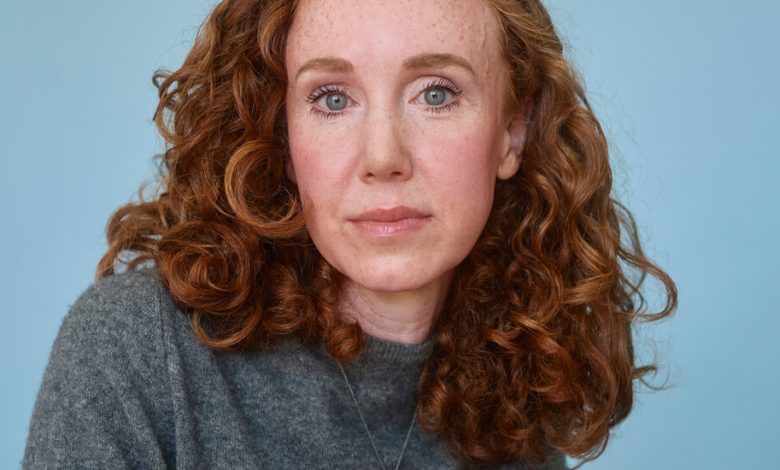The Queen Bee of Bidenomics

The best dinner party I’ve attended all year took place at a conference held at the foot of the Golden Gate Bridge, overlooking the San Francisco Bay. It was a family-style meal, arranged to make you ask the person sitting next to you to please pass the kale salad, at which point you might realize that to your left is a celebrated economist, and to your right, a top government official. Our host, Jennifer Harris, gave a speech about how economic ideas change to meet the needs of a new era.
Everyone listened. In a room full of V.I.P.s, she was the Queen Bee.
I’d wanted to interview Ms. Harris for years. She has been the quiet intellectual force behind the Biden administration’s economic policies, and she seemed key to understanding why both parties in Washington had walked away from free trade and neoliberalism — the belief that free markets will bring prosperity and democracy around the world.
These matters felt personal to me. I spent much of the Trump administration following steelworkers in Indiana who lost their jobs when their factory moved to Mexico. They felt betrayed by elites — and they weren’t wrong. I was thrilled when the Biden administration came in with a plan for big federal investments in the American industrial base, tariffs, support for labor unions and actions against monopolies. No one knew what to call it — Post-neoliberalism? Democratic capitalism? Neopopulism? — but for the first time in generations a U.S. administration was saying that people should control the market, not the other way around. I believed in it. But if it was the right path, why didn’t more voters trust President Biden on the economy?
To understand who Ms. Harris is, you have to know who she used to be. As a young State Department policy planner in the 2000s, she was a lonely voice in Washington raising the alarm about the rise of China. She pushed for tariffs and against trade agreements before it was cool, and was an author of a book called “War by Other Means” about how blind faith in free markets put the United States at a geopolitical disadvantage. For years, she felt like an oddball in Washington, where both parties were still in thrall to neoliberalism.
But after Donald Trump’s election in 2016, which tapped into a deep well of anger over free trade, she was suddenly an It Girl in the world of Washington policy wonks. The Hewlett Foundation hired her as the head of an initiative that has given away $140 million so far to people who are devising a new economic philosophy. Then she served a stint in the White House. Today, she’s an intellectual leader of a growing, bipartisan consensus that my colleague David Leonhardt recently highlighted.
The thinking behind it goes like this: Unquestioning belief in the free market created a globalism that funneled money to the 1 percent, which has used its wealth to amass political power at the expense of everyone else. It produced free trade agreements that sent too many U.S. factories to China and rescue plans after the 2008 financial crisis that bailed out Wall Street instead of Main Street.
